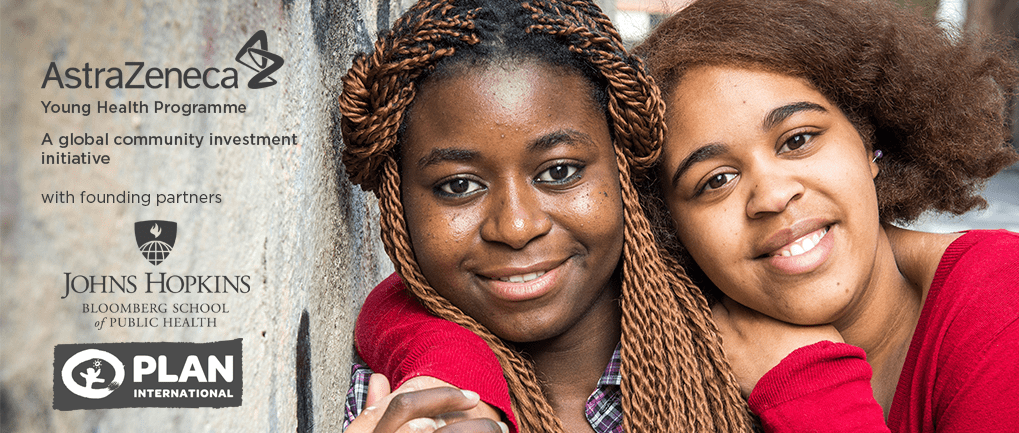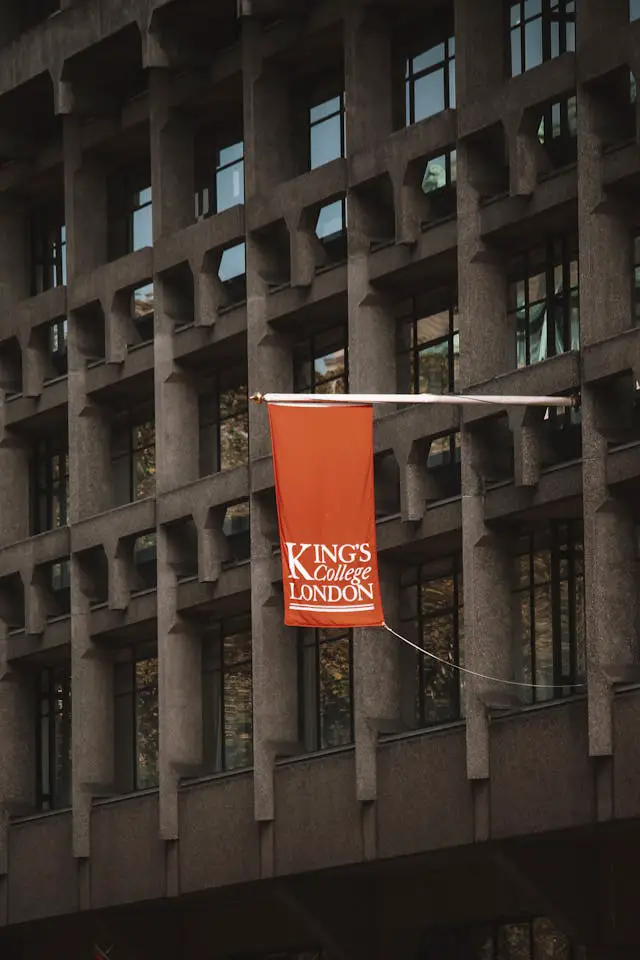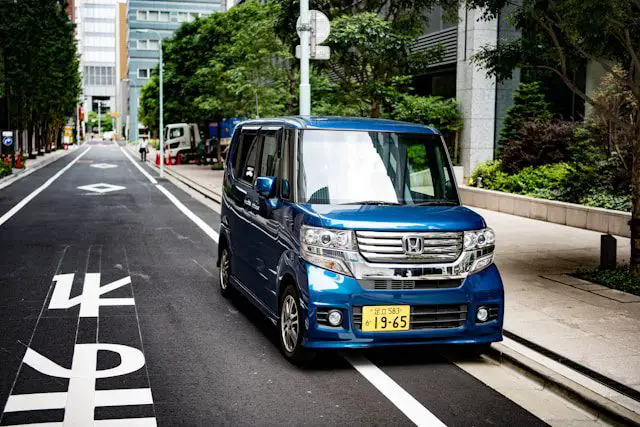Aged 18 – 30.
Proficiency in English (speaking, reading, writing).
Nationals of all countries are eligible to apply for this scholarship.
Ability to fully participate in-person at the One Young World Summit (2-7 November 2025) in Munich, Germany.
Willingness to share insights, help co-create commitments to action, foster partnerships, and serve as ambassadors of AstraZeneca’s health equity and YHP work where appropriate.
Access to the internet and a device (computer, phone) that will allow them to participate in live, online Fellowship sessions – this will not be provided to Fellows.
Applicants must be founders or leaders of registered non-profit organisations that meet the following criteria:
Have been registered and operational for at least 3 full years.
To be considered to receive a $10,000 grant: have had a total reported income in the last financial year of more than USD$10,000 and less than USD$1,000,000.
To be considered to receive a $50,000 grant: Have had a total reported income in the last financial year of more than USD$100,000 and less than USD$2,000,000.
Are ‘funding-ready’ and able to provide appropriate documentation (in English) to AstraZeneca’s grant-making partner at the Charities Aid Foundation to verify their organisation’s charitable status, governance and financial situation. This process usually takes 3-6 months to complete and will begin once Fellows are selected. If the required documentation is not available, it may impact the ability of the organisation to receive the grant and Fellowship may be withdrawn. We aim for all grants to be dispersed by October 2025, and projects to start between October 2025 and April 2026. All projects must end by December 2026.
Operate in underserved communities.
Applicants must be able to propose a 6-12 month project that:
Focuses on preventing NCDs among young people by promoting policies that enable healthy lifestyles and equitable access to healthcare information and services, with a specific focus on ensuring that efforts are inclusive and accessible to all.
Projects can include influencing policy change within a country or community to benefit young people living with rare diseases or tackling the five major NCD risk factors / behavioural risk areas common among young people (tobacco use, physical inactivity, harmful use of alcohol, unhealthy diets and air pollution) which contribute to NCDs (cardiovascular diseases, chronic respiratory diseases, cancer, type II diabetes).
Focuses on clear policy goals with a detailed advocacy strategy that is primarily led by, and for the benefit of, young people.
Is inclusive and non-discriminatory in its approach working with marginalised or vulnerable young people.
Working with underserved communities.
Is measurable and is able to demonstrate impact. Organisations must provide an end-of-year and end-of-grant report including, but not limited to, total number of young people reached directly, policies influenced/result, lessons learned and impact.
Begins after October 2025 and will be completed by December 2026.




